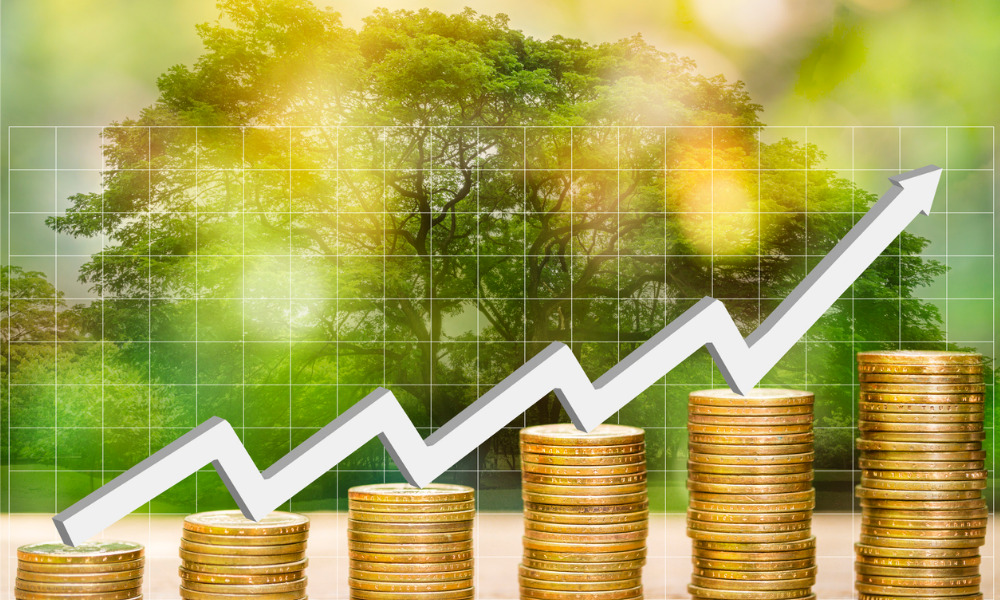New report shows that 75% of global investors say climate change is central to or a significant factor in their investment policy

Just 11% of North America’s institutional and wholesale investors have publicly committed to a net zero investment portfolio by 2050, according to a new report.
The figure is significantly lower than their peers in Europe (41%) and Asia-Pacific (31%) despite a clear focus on climate change in making investment policy decisions.
The Robeco 2022 Climate Survey, conducted for the Netherlands-based asset manager by CoreData Research, covers 300 investors across the world, with a combined AUM of almost $24 trillion.
These large investors increasingly view climate change as one of the most important ESG issues they face and 75% said that it is now central to, or a significant factor in, their investment policy. This share has more than doubled from two years ago.
Investors’ appetite to divest from oil and gas companies using fossil fuels is also increasing, doubling from 11% to 22% in the next two years.
While there is an overall increase in the adoption of thematic investing in sustainability-related themes such as renewable energy or green technology, with 70% of respondents currently implementing thematic investing, North America again lags Europe and Asia-Pacific.
Active ownership - including engagement and voting - is also on the rise, from being central or significant in 54% of investment policies two years ago to 73% now. In this regard, North America has seen strong growth (from 60% to 68% over the past two years) but remains behind global peers (90% in Europe and 82% in Asia-Pacific).
Biodiversity demand and challenges
There is also a big shift in institutional and wholesale investors’ awareness of biodiversity, more than doubling its impact on investment policy from 19% to 41% in the last two years.
However, data and other information on biodiversity is a challenge to implementation noted by 50% of investors, 43% see a shortage of suitable investment products and strategies as an obstacle to taking account of biodiversity, while 46% mention insufficient demand from end investors.
Biodiversity was one of the factors set to drive the ESG conversation in 2022 according to a recent S&P Global report.
Lucian Peppelenbos, climate strategist at Robeco, said that while there is uncertainty around these topics, we must take urgent action.
“We don’t have the luxury to wait for perfect data or perfect solutions. As investors, we need to pull up our sleeves and work our way through it, as we have the means to put money to work where it can make a difference,” he said.



